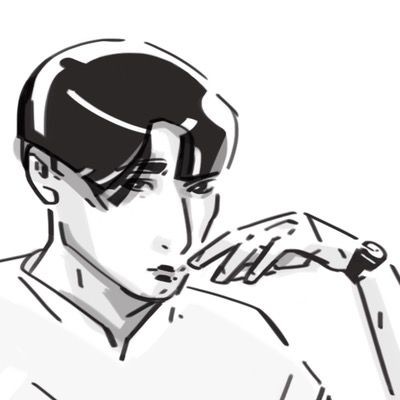
Lapse
All it takes is a turn of the spigot. A turn and a twist and the sun-lenses sputtering to life beyond your eyelids. The cogwheels hum low now, gears whirring blind until it all comes back to you.
A sepia-tinted moment. An unstill, breathing picture, and you must take a dazed second before you look for his face in the crowd. Only to halt when you find it. Only to waver, letting the scene play on for a precious few beats without you.
It’s the eyes that anchor you back there. The way they catch yours across the salon when you think to greet him. He takes your hand and brings another to the dip of your shoulders. Guides you toward some important acquaintance. All the while smiling, Have you met our young friend here, one of the country’s brightest inventors spell the lips and you can’t help but wish there was sound.
You find yourself missing his voice. Making an earnest attempt at recalling its cadence as the images pass you by. Soft-settled, honey-warm. Some nights some parts of you still summon it while you sleep.
The monochrome shapes start to flicker. If only you’d thought of asking him to read for your phonograph before. The lenses have already grown dim. Before—
—deeply regret to inform you and that has you rushing to unclasp the whole damned contraption. Your breath is still heavy when you reach for the smallish, fresh marble. A fragment of the fond memory, encased in amber. Shadows skim rhythmically over its surface. You almost think you can make out a face.
You had made your way home with him, later. Later still, content in your bed, you spoke of your wildest endeavor: a mechanism to preserve the mind’s eye forever. He’d kissed you then, instead of laughing. An extraordinary idea, and you could swear it was the same kiss he gave you when he made himself presentable in the morning.
The sphere lies glinting in your hand. You never did get to tell him how good he looked in his dress army blues. Before.
“ As soon as I saw Bill Wolak's work I couldn't help writing a flash fiction piece around it. The image felt particularly evocative and seemed to belong to an alternate past whose technological advancements didn't entirely resemble our own. A story of memory and loss came naturally after establishing that historical setting. Note how the gender of the point-of-view character is never mentioned. As a non-binary individual that was a crucial aspect for me. ”
